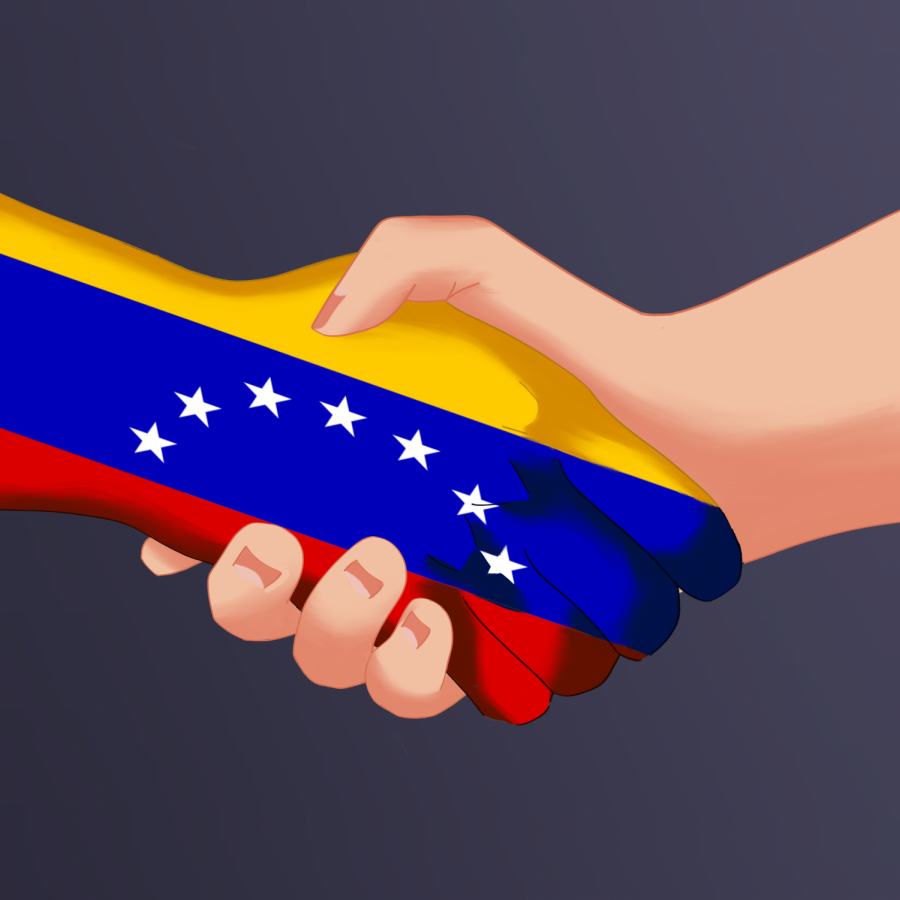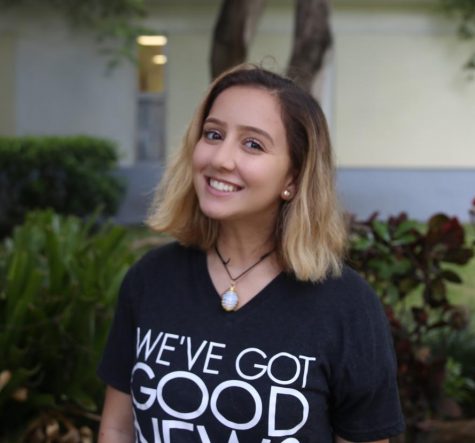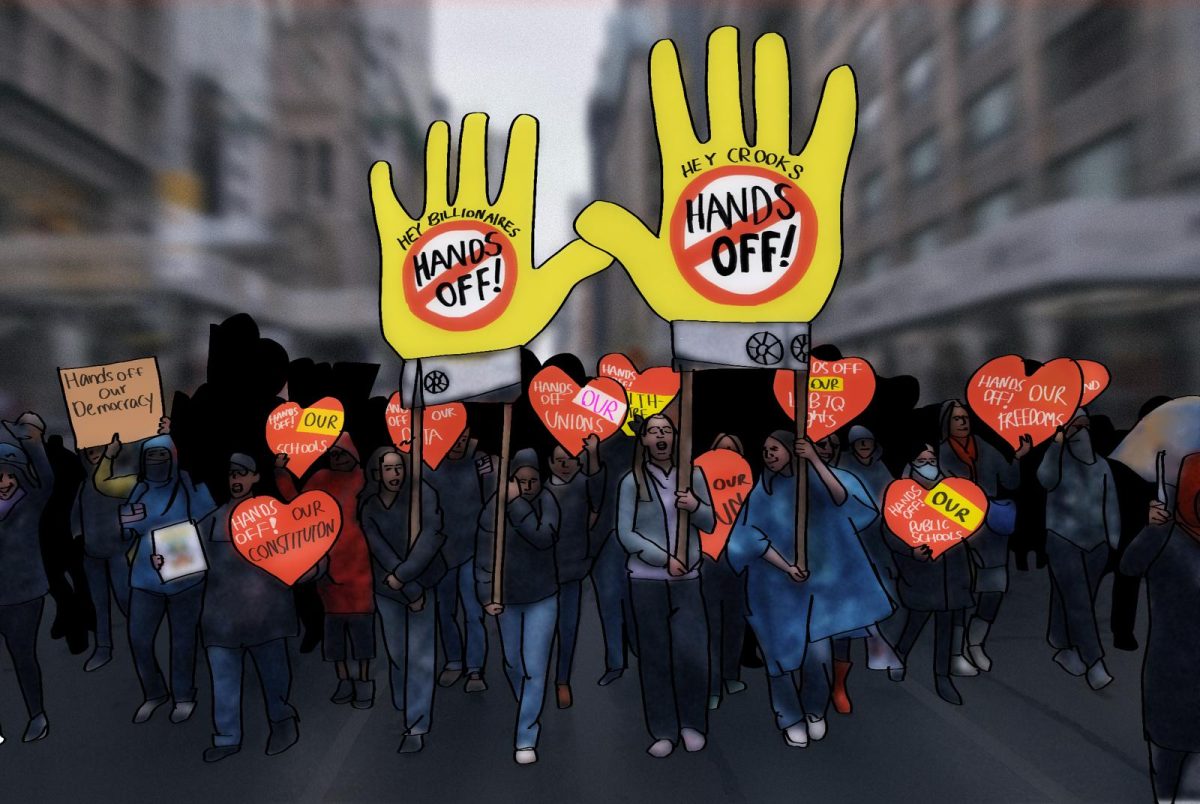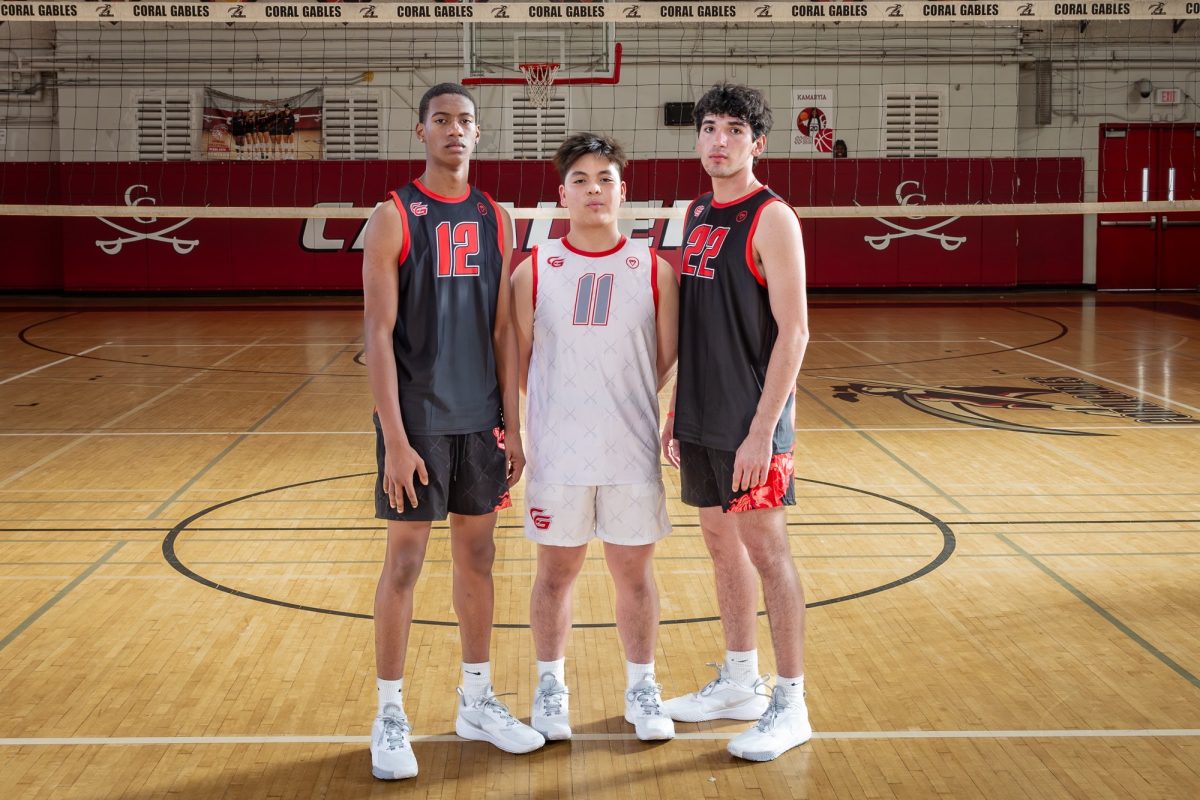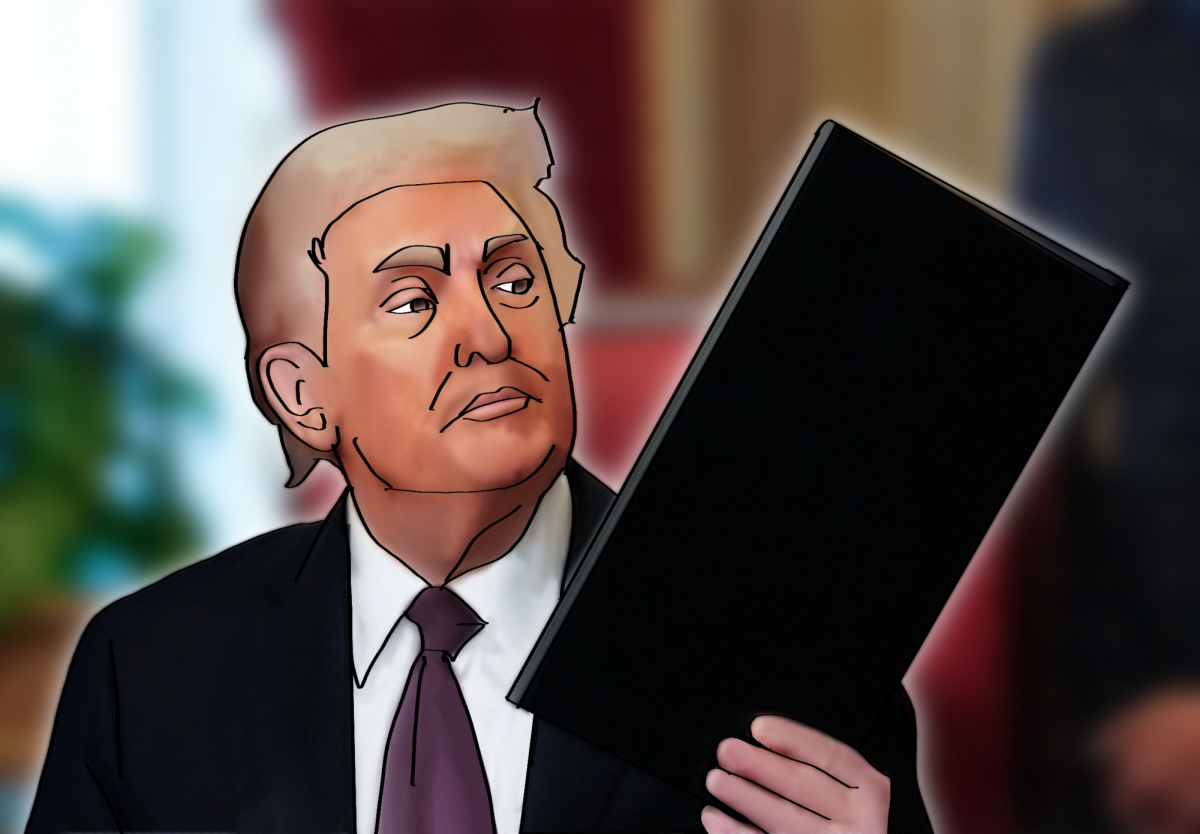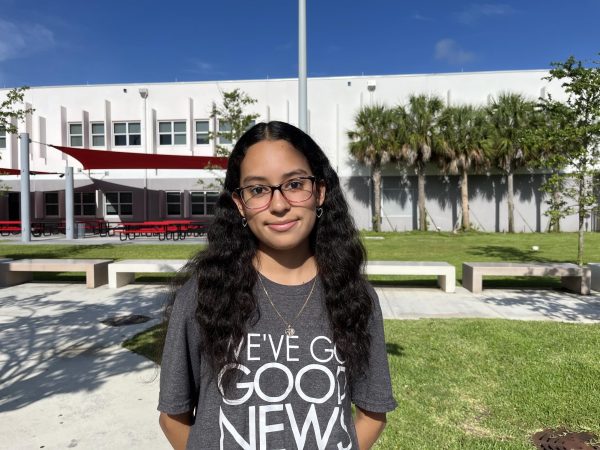The Crisis in Venezuela
Mar 1, 2019
The global spotlight has been on Venezuela recently as Juan Guaido, the interim president, attempts to fix the corruption that has plagued the country for decades. Many countries have expressed their support for this new capitalist regime, but Nicolas Maduro, the president who Guaido seized power from, still has support from countries that benefit from his socialist management of the country. The Trump administration has expressed support for Guaido in the form of humanitarian aid towards the country.
On Saturday, Feb. 16, citizens of Doral came together to support refugees along the Colombia-Venezuela border. After collecting donations and other materials considered necessary, volunteers sorted and packed the donations by category. The reason for the donation to the border and not Venezuela directly is because of President Maduro’s resistance to the revolution under Guaido’s interim presidency.
“It means a lot to me, being part of something possibly historical in restoring democracy in Venezuela. This project is very dear and near to my heart as I was able to help deliver desperately needed items,” sophomore Marco Lund-Hansen said.
President Nicolas Maduro’s opposition to any force that attempts to undermine his power has been seen throughout his rule. His ideals have gathered few strong followers, mostly the elite who benefit from the authoritarian regime. While Guaido announced his interim presidency and many democratic nations backed his notion, Maduro has disapproved of the aid to those who attempt to overthrow his power and has threatened those who attempt to send aid with military action.
President Donald Trump weighed in on the issue on Feb. 18 speech, directly appealing to the Venezuelan military to support opposition leader Juan Guaidó. At the local Florida International University, on a backdrop of American and Venezuelan flags, Trump took the global spotlight to condemn the former socialist regime and stated that “all options are open” in regards to aiding the transition of authority to President Guaido.
”I feel compassionate for the Venezuelan people. It’s sad to see the damage that Maduro’s tyrannical regime has done to Venezuela, the country that was once one of the richest in South America. I am hoping that the rigorous movement towards gaining freedom once and for all in Venezuela continues to grab the attention of the entire world and I’m hoping that good things are coming in the near future,” sophomore Brayden Sanchez said.
Senator Rubio has also expressed his explicit support for this revolution and has posted a warning against Maduro if he attempts to restrict aid intended for the populace. Governmental administrations on all levels have been in support of the Trump administration’s firm disapproval of Maduro’s government.
Guaido has recently gained the support of nations from the European Union to the United States, Argentina and Guatemala. As the western hemisphere increasingly declares its support for the new president, the logistics of a new capitalist government are beginning to emerge. The transition would first come in the form of mass privatization and deregulation, which Guaido has expressed his support for, to counter the effects of seven years of socialist policies.
With a number of allies backing up the revolution in Venezuela, a democratic revolution seems more in grasp than ever. People have taken to the streets by the thousands to urge Maduro to formally resign and allow for Guaido to begin shaping the future of the nation. Though this has yet to happen, the possibility gives the Venezuelan people hope of living in a more liberated state in the near future.


